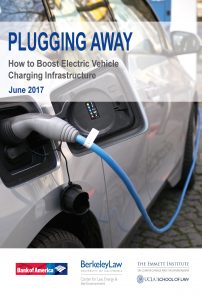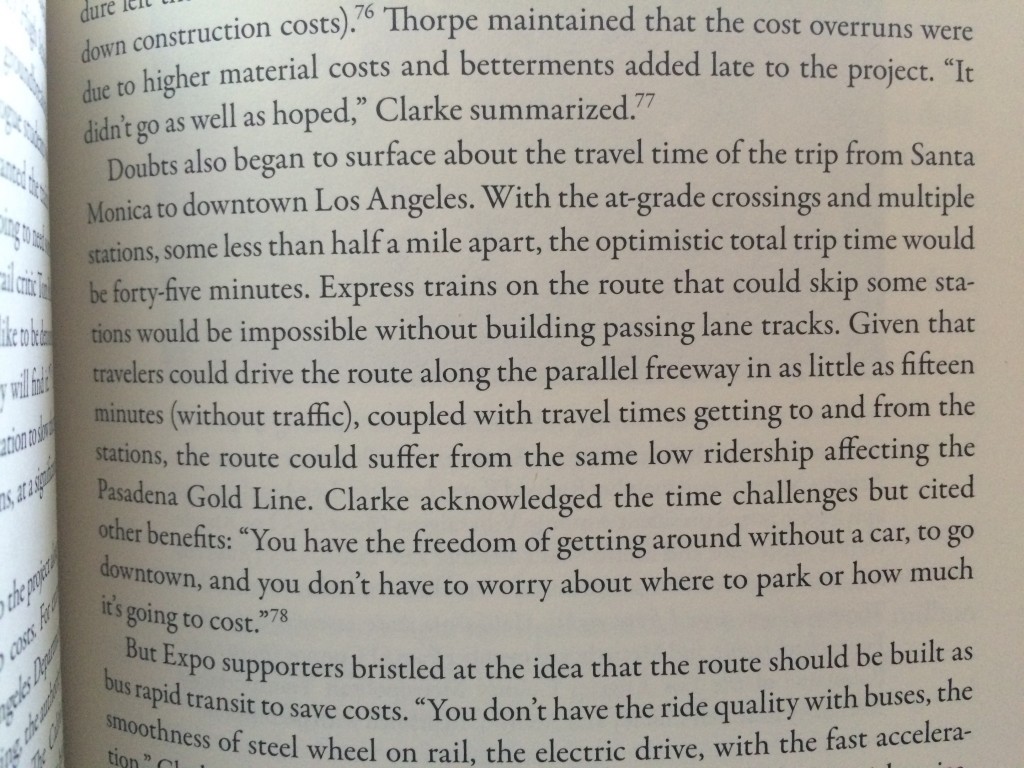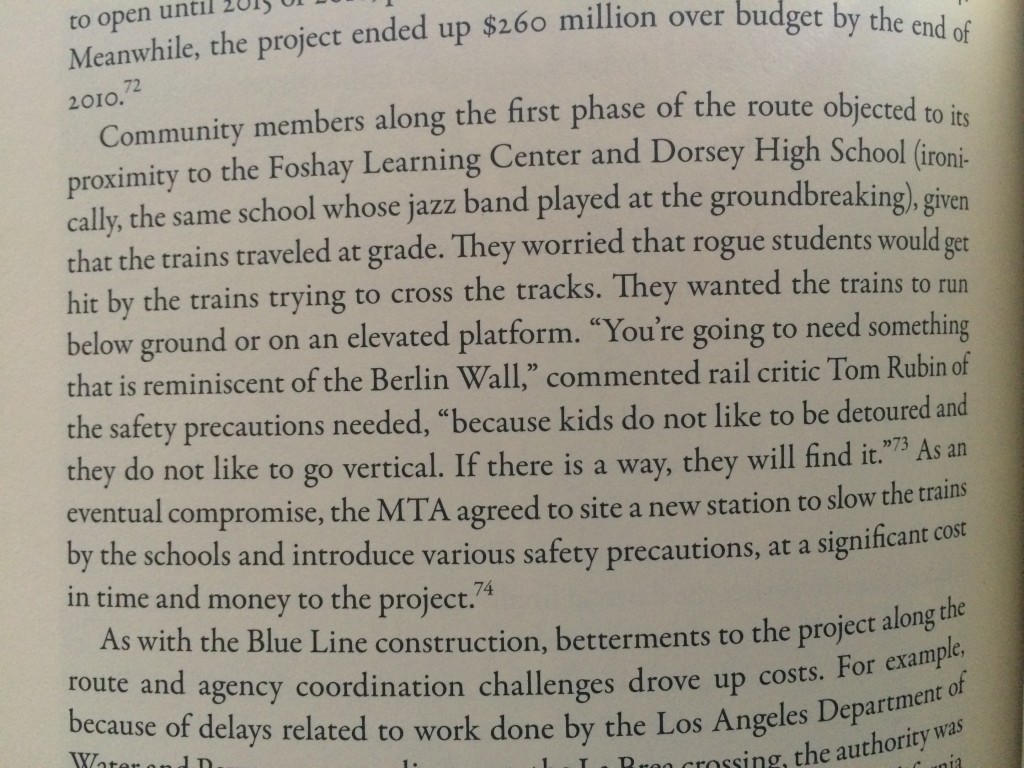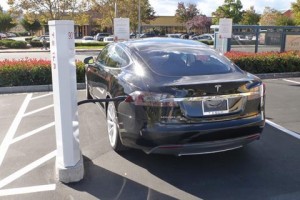For those who missed the UCLA Law lunch event to launch the new EV charging report “Plugging Away: How to Boost Electric Vehicle Charging Infrastructure,” the video recording is now available.
 The event featured a keynote address by The Honorable Janea Scott, Commissioner, California Energy Commission, as well as panel presentations by:
The event featured a keynote address by The Honorable Janea Scott, Commissioner, California Energy Commission, as well as panel presentations by:
- Tyson Eckerle, Office of Governor Jerry Brown, Business and Economic Development (GO-Biz)
- Terry O’Day, EVgo
- Dean Taylor, Southern California Edison
With the recent news that Volvo will be moving exclusively to models with plug-in batteries by 2019, the need for more EV charging stations will become even more pressing.
The report was also the subject of recent media coverage by KPCC radio in Los Angeles and NPR Marketplace Weekend (episode “Bad Movies and Good Wages” at 19 minutes in).
UPDATE: video of the lunch event is now available on YouTube:
The media coverage of the Expo Line to Santa Monica’s slow travel speed has been increasing. KPCC radio ran a segment describing the slow speeds and desire to give the trains signal priority in downtown Los Angeles.
Meanwhile, my proposal to have Metro consider shutting down under-performing stations generated some pushback. I’ll summarize the main arguments against here:
1) It’s too soon. The line just opened, and the stations may yet generate more ridership if we just wait a while.
My response: with something like ridership, it’s not just a matter of “getting the word out” or waiting for people to eventually figure out that the train is good for them. Ridership instead is a function of the land use around the stations and how densely packed the area is with jobs and housing. In the case of under-performing stations, the land use isn’t going to change right away. So while we wait for new developments, why continue serving the station if it slows the ride for everyone while providing relatively little benefit?
Bonus benefit: shutting the stations gives the locals an incentive to actually permit new construction. Right now, they have no incentive to do so and instead every incentive to cater to the usual “parking and traffic concerns” homeowner crowd.
2) It may hurt ridership overall to shutter the stations, and it’s supposed to be a “community” line — not a downtown-to-downtown line.
My response: I agree it may hurt ridership, which is why I suggest that Metro study the closures. If the relative improvement in travel times doesn’t produce enough new riders to cover the decrease in ridership from the closed stations, then it’s not worth pursuing. Case closed. But it may also require a temporary closure to get real-world data on ridership impacts.
And let’s not forget, downtown Los Angeles and downtown Santa Monica are major destinations that require speedy service between them.
3) Sheesh, the line just opened. Don’t jump to conclusions so quickly.
It may seem like a hasty conclusion, but the fact is that many of us foresaw this issue years ago. From my book Railtown (published 2014, but this passage was written in 2012):
 Furthermore, the Expo line was deliberately over-stationed precisely in order to slow the whole train. Again from Railtown:
Furthermore, the Expo line was deliberately over-stationed precisely in order to slow the whole train. Again from Railtown:
 So I understand why some people thought this call was a hasty over-reaction. But the reality is that this issue has been brewing for a long time. And now that the public is finally riding the line, they’re experiencing the consequence of many poor decisions made over the years.
So I understand why some people thought this call was a hasty over-reaction. But the reality is that this issue has been brewing for a long time. And now that the public is finally riding the line, they’re experiencing the consequence of many poor decisions made over the years.
I’ll be joining LA’s KPCC Radio (89.3 FM) “AirTalk” program with Larry Mantle today at noon to discuss the SB 743 reforms to the California Environmental Quality Act (CEQA). The show comes on the heels of the recent LA Times editorial applauding the reforms, which help infill development by eliminating traffic delay in the immediate project area as an area of study under CEQA. The Times, however, calls for local governments to maintain some level of transportation analysis for projects within one-half mile of transit, given that some bad projects (like big parking lots) could sneak through under this reform.
UPDATE: Audio is now available via this link, along with listener comments on the topic.
 I joined Larry Mantle on his KPCC radio talk show in Southern California this morning for a discussion of State Senator Kevin De Leon’s bill to limit California’s electric vehicle rebate program (up to $2500 off purchases) to low and moderate income customers. The LA Times covers some of the debate here. SB 1275 would direct the California Air Resources Board to figure out the best way to spend limited rebate funds by limiting access to high-income earners.
I joined Larry Mantle on his KPCC radio talk show in Southern California this morning for a discussion of State Senator Kevin De Leon’s bill to limit California’s electric vehicle rebate program (up to $2500 off purchases) to low and moderate income customers. The LA Times covers some of the debate here. SB 1275 would direct the California Air Resources Board to figure out the best way to spend limited rebate funds by limiting access to high-income earners.
My take? California’s overriding goal should be to maximize electric vehicle adoption rates, and if targeting limited public funds on low-income communities is the way to do it, then please proceed. It makes sense in some ways: over half of Tesla owners did not cite the rebates as a motivating factor in their purchases. So why not redirect some of that rebate money to lower-income people where it would make a difference?
A number of listeners on the show today disagreed, and some even took offense that “successful” people were being “punished” by this bill. Personally, I think the state has a strong interest in maximizing the value of limited public funds, and if that means supporting low-income people and helping to expand the market in those communities, let the state go with it. I’m sure many of those listeners would also be upset about their tax dollars not being spent in the most efficient manner, either.
The link to the interview is here.


